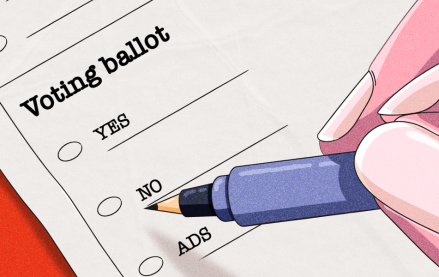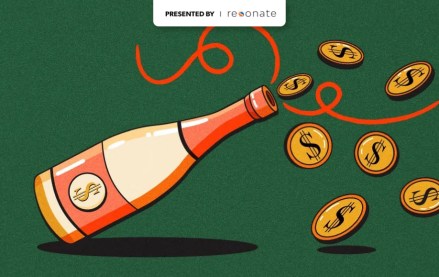
Kevin Skobac is vp of digital and social strategy at SS+K, a marketing and communications agency. Follow him @kskobac.
It’s tempting to say we should have seen this coming, once the ink dried on Facebook’s $1 billion check.
Instagram’s recent terms of service change is straight out of Facebook’s playbook: Push too far on privacy, get slapped back to reality. Lose a little more face and trust from your community but minimal, if any, loss in users. Facebook was never going to sell our photos; that would have been business suicide.
But the writing is on the wall: Every misstep is leading to a larger outcry. We’re witnessing a death by a thousand cuts of the purely free, advertising supported social platform.
Instagram taught us free apps could be magic. With one touch, anyone can be an amazing photographer. A combination of filters, simple sharing and a passionate community helped Instagram skyrocket to Internet fame. The first two benefits are replaceable, as just this week, Flickr and Twitter rolled out copycat products. What’s left is community, and Instagram’s community is what Facebook paid for.
But communities are transient; they can’t be taken for granted.
And people are reconsidering whether this model is worth the disappointment and haphazard respect for their privacy, for an unpredictable product.
More and more, people are asking to pay to access and consume on their own terms of service, instead of “We gave you this for free, you are the product, deal with it.”
Dalton Caldwell’s ambitious App.net could be just the beginning. Even Flickr is starting to look pretty attractive again with a shiny new iPhone app and paid plan that ensures rights for users, not advertisers.
This was a seminal year for Instagram, from its billion dollar sale to Facebook to the first-ever Presidential re-election advertising campaign to run on the platform, #ForAll. But yesterday, the platform’s community of 100 million shouted a harbinger of things to come: What the community giveth, it can taketh away.
Social communities have power, they can effect change, and if they can help elect a president, they can certainly crumble irresponsible social networks and an abusive ad-supported model.
More in Media

Publishers revamp their newsletter offerings to engage audiences amid threat of AI and declining referral traffic
Publishers like Axios, Eater, the Guardian, theSkimm and Snopes are either growing or revamping their newsletter offerings to engage audiences as a wave of generative AI advancements increases the need for original content and referral traffic declines push publishers to find alternative ways to reach readers.

The Guardian US is starting its pursuit of political ad dollars
The Guardian US is entering the race for political ad dollars.

How much is Possible’s future in Michael Kassan’s hands?
Some people in the know at Possible said they see the conference taking a bite out of Cannes’ attendance, most acutely by U.S.-based marketers who could save money by staying on this side of the Atlantic.





